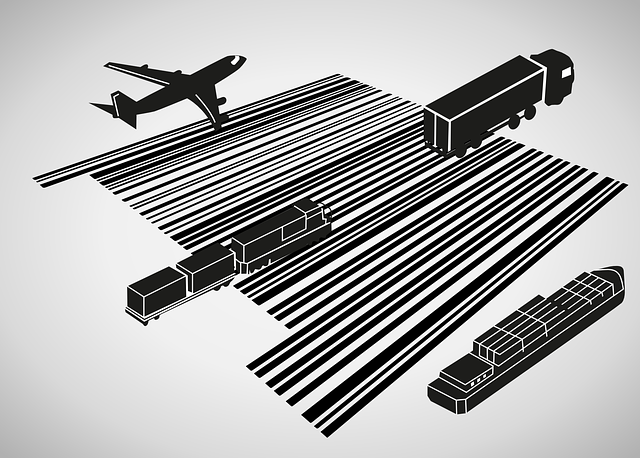.jpg)

Dematerialization of supplier invoices: what impact for your Direct Purchasing & Supply Chain processes
.jpg)
The next few years are shaping up to be a period of major change for the management of your supplier invoices with the adoption of digitalization standards. In this article, discover what the generalization of electronic invoices means for your Supply organization as well as its advantages.
I. Digitalization of Supplier Invoices: overview of French regulations
In accordance with the new article 289 bis of the General Tax Code, an electronic invoice is now defined as an invoice issued, transmitted, and received in a dematerialized manner, thus distinguishing it from traditional invoices. It is important to note that an invoice transmitted in PDF format does not qualify as a dematerialized invoice. The concept involves structured metadata from a computer perspective. While the digitalization of invoices has been mandatory in the public sector since January 2021, the implementation of regulations for all sectors of the economy is scheduled to begin in September 2026, and no later than December 1, 2027.
Why such regulation? The objective of the regulation is clear: to increase traceability and reliability in transactions between companies, simplify intra-European exchanges, and prevent VAT fraud. From a practical standpoint, for the vast majority of Procurement & Supply Chain organizations still managing supplier invoice tracking through email, paper, and Excel, this regulatory evolution implies significant process changes.
What results can be expected from the digitalization of supplier invoices? While it requires the evolution of internal and external processes, as well as the implementation of new tools and change management, the benefits are numerous. There is an improvement in payment deadlines, a reduction in operational costs related to the management and processing of supplier invoices, a decrease in carbon footprint (if your organization still prints), and better control of your cash and supplier balances. To support this transition, many specialized editors in Contract Management or Procure-to-pay solutions, such as Esker, Basware, DocuWare, Coupa, SAP Ariba, Ivalua, Oracle, offer dedicated software solutions. These solutions include features to reduce manual tasks related to invoice processing through data capture functionalities (including OCR) and automated processing and electronic workflow. They are well-suited and effective for indirect procurement invoice processing, though not necessarily sufficient for direct procurement.
II. What solution to digitize your direct procurement invoices?
To determine the solution adapted to your needs for dematerializing supplier invoices for direct procurement, it is essential to assess the current process in your organization and understand the challenges. Often, procurement or supply chain managers have the daily responsibility of verifying direct procurement invoices and ensuring their proper transmission to the accounting department for processing.
In concrete terms, verification involves ensuring that the quantities and prices of invoiced products align with the actual execution of invoices. In many sectors such as fashion, home equipment, or industry, direct procurements are linked to production cycles and can lead to numerous adjustments during order fulfillment. Therefore, it is crucial, to facilitate and ensure the reliability of supplier invoice reconciliation, to have, in addition to the structured data of the invoice itself (amount, reference, issuance date, etc.), underlying structured data (order and supplier delivery references, shipped quantities, supplier penalties, additional costs, etc.).
This is where a collaborative supply chain flow management platform, like Winddle, plays a crucial role in your supplier invoice dematerialization project. Interconnected with your accounting software, Winddle allows your suppliers to submit their dematerialized invoices and declare associated deliveries. The solution then performs automatic checks to avoid receiving non-compliant invoices. This creates a win-win process for suppliers, who gain visibility into their invoice processing, and for procurers, who save valuable time on invoice tracking and enhance collaboration with the accounting department. As a result, similar to the French racket sports brand Babolat, implementing invoice tracking in Winddle leads to 100% compliant invoices, Procurement & Supply Chain teams freed from tedious administrative processes, and better cash flow management!
The new regulation provides an opportunity to optimize Procurement & Supply Chain business processes in a broader context of more efficient and transparent collaboration with your strategic suppliers, from order creation to invoicing.









